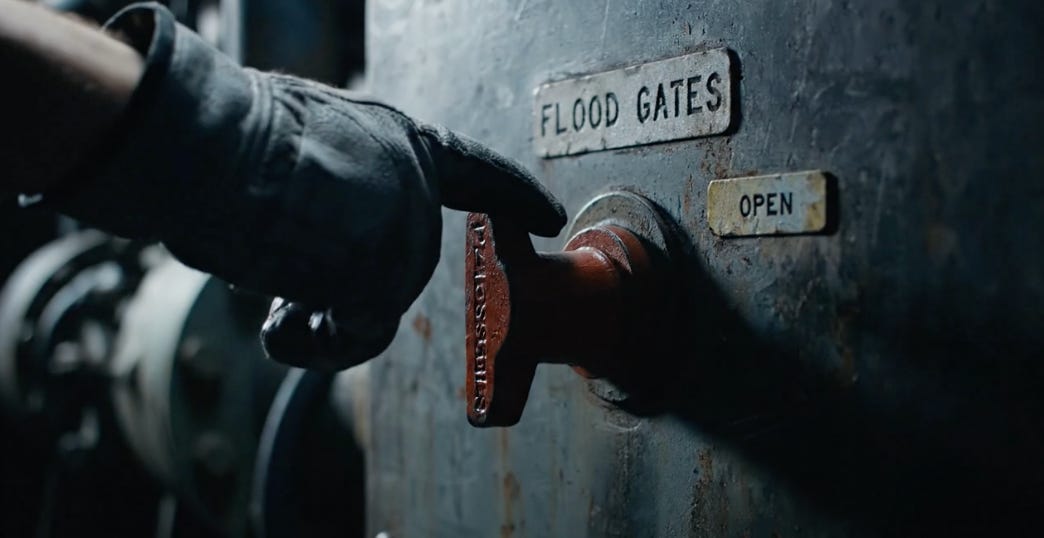When Big Money Comes Knocking — Again
The Supreme Court is revisiting a case that could reopen the floodgates to unlimited campaign cash
There’s another big case before the Supreme Court that hasn’t made cable news yet, but it should. At stake is whether our elections will continue to have any real guardrails keeping the very wealthiest among us from buying even more influence through political parties.
The case — NRSC et al. v. FEC — comes down to one question:
Should political parties be allowed to spend unlimited amounts in coordination with their candidates?
That may sound technical, but it’s really about whether the few can once again drown out the many.
What’s really at stake
Back in 2001, the Supreme Court decided Colorado Republican II, which said that when a party committee and a candidate coordinate their spending, it’s effectively the same as a direct contribution — and should be limited accordingly.
That common-sense safeguard closed one of the biggest loopholes in American politics. It stopped mega-donors from routing millions through party committees to sidestep individual contribution limits. It said plainly: you can support your candidate, but you can’t buy them.
Now, the National Republican Senatorial Committee is asking the Court to reverse that precedent — arguing that times have changed and that parties need freer rein to “help” their candidates.
But we’ve seen this movie before. Every time courts have loosened campaign-finance rules, the floodgates have opened wider — and public trust has eroded a little more.
Our movement is leading the fight
Bright America’s strategic partner, the Campaign Legal Center (CLC), is standing at the front lines of this case — urging the Supreme Court to uphold existing limits and protect Americans from a new wave of untraceable money in politics.
Their legal team has filed powerful briefs defending the principle that democracy should not be auctioned off to the highest bidder. CLC’s work reminds us that litigation is one of the last guardrails left — the mechanism that keeps money, power, and politics from collapsing into one.
But defending democracy in the courts takes resources. It’s painstaking, expensive, and often lonely work. Yet without movements like this, there’s no one left to stand between the public interest and private influence.
If, together, we don’t support these efforts, who will be left to stand up for what’s right?
A brighter path forward
The Supreme Court now has a chance to reaffirm what the public already knows — that democracy works best when everyone’s voice has weight, not just those who can afford a political megaphone.
If the Court tears down this wall, it won’t just change how campaigns are financed — it will change who our democracy answers to.
At a moment when trust in institutions is already fragile, the Court should take a stand for the idea that money should never speak louder than citizens.
This principle isn’t partisan. It’s patriotic.
And if we don’t defend it — in the courts, in Congress, and in our culture — we risk losing the very democracy we’re trying to protect.



The Supreme Court is fully corrupted. The 6 gop appointed members are systematically dismantling our democracy. It is not an accident but the result of a decades long plan by Mitch McConnell, Leonard Loe, and the federalist society. These "justices" were put on the court for this specific purpose: to let the billionaires-- whose yachts they vacation upon -- decide who gets elected. We need to expand the court to unstack it.
Please do not allow corporate $$$$$$ to be open. for elections, Our supreme court is, not DEMOCRATIC Some one stop them, please.